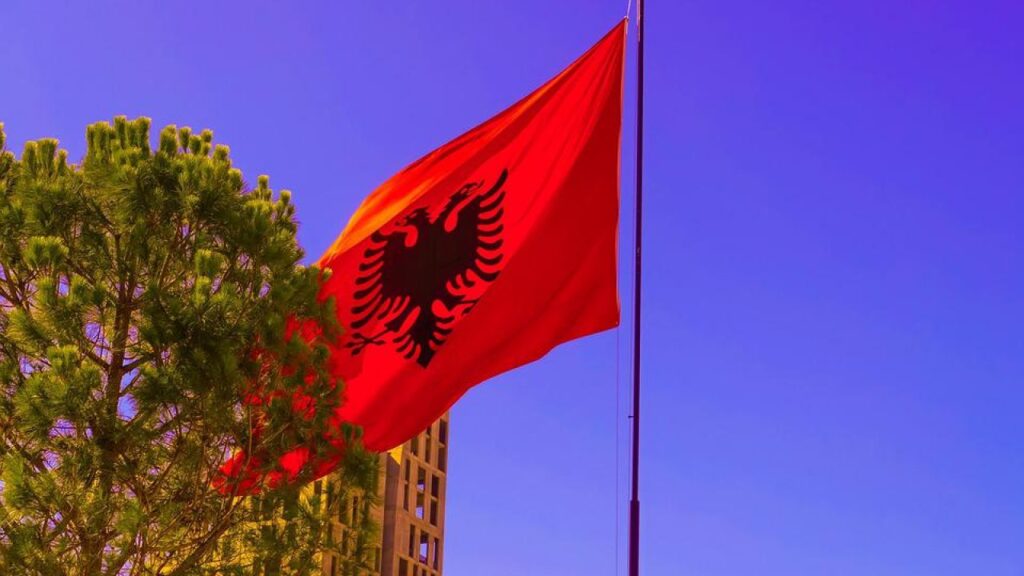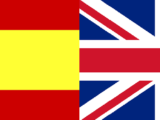Albanian translations are a relatively unexplored linguistic territory but one full of nuances, history, and contemporary challenges. When thinking about translation in the European context, Albanian rarely appears as one of the most mentioned languages. However, this language plays a relevant role in multiple contexts: migration, international trade, European integration, human rights, education, and diplomacy.
Far from the spotlight of major dominant languages, Albanian translations provide a silent yet powerful connection between diverse worlds.
Why translate Albanian?
At first glance, it might seem that Albanian translations have a limited reach, reserved for specific contexts. However, this perception is reductive. Albanian is the official language of Albania and Kosovo, and it is recognized in North Macedonia, Montenegro, and Serbia. Furthermore, there are significant Albanian communities in countries such as Italy, Greece, Germany, Switzerland, and the United States. This contries maintain the language as an essential part of their cultural identity.
The need for translations spans multiple areas: legal and academic documents to medical, commercial, or literary texts. Additionally, European public services require many Albanian translations to ensure equal access to information and the protection of fundamental rights.

Beyond the language: translating between cultures
One of the aspects of Albanian translations is understanding that it’s not just about moving words, but about building bridges between distinct cultural realities. Albanian, has its own structures, unique proverbs, and forms of courtesy that do not find exact equivalents in other languages.
For example, certain concepts related to family honor, hospitality, or social hierarchy hold special significance in Albanian culture. This requires the translator to perform not just a linguistic task but also an interpretative one. How can meaning be maintained without falling into literal translation? How can the implicit respect conveyed by a greeting or verbal formula be preserved? In this context, cultural sensitivity is as important as grammatical knowledge.
Linguistic difficulties and peculiarities
Albanian translations present unique challenges. The language has two main dialects: Gheg, spoken in northern Albania and Kosovo, and Tosk, which forms the basis of the standard Albanian used officially. While both dialects are mutually intelligible, their differences can be significant in more formal registers or literary contexts.
Additionally, there are peculiarities such as:
- A system of definite articles placed at the end of nouns.
- Important phonetic variations depending on the region.
- Verb tenses that can be difficult to reflect accurately in other languages.
These features make a good translation not only dependent on knowledge of the language but also on the ability to adapt to the appropriate register and the purpose of the text.
Albanian translations in the migration context
In recent decades, Albanian migration to European Union countries has created an increasing need for specialized translations. Migration documentation, asylum forms, birth certificates, court rulings, and medical histories are just some of the texts requiring precise and swift translation.
The quality of these translations has a direct impact on the lives of thousands of people. An error in a document could mean the denial of an application, the delay of a legal process, or even the loss of a right. For this reason, translators specialized in Albanian not only work with words but also with the responsibility of ensuring equity and access to justice.
Technical and professional translation: new demands
The economic development of Albania and Kosovo, as well as the increasing participation of these countries in international projects, has driven the demand for Albanian translations in technical fields such as European law, renewable energy, e-commerce, tourism, and medicine.
In these types of texts, terminological precision is crucial. It is not enough to simply translate a word correctly: understanding the technical field it belongs to, its context, and its legal or professional implications is necessary.
Moreover, with the rise of digital content and the need for software localization, new challenges arise: user interfaces, product instructions, websites, and multimedia content require an adaptive approach, consistent with the Albanian linguistic identity yet understandable to international audiences.
The role of Albanian translations in European integration
Albanian translations are also a tool for political integration. In the process toward possible EU membership for Albania and Kosovo, the translation of official documents, legislation, EU regulations, and cooperation programs becomes essential.
In this process, language acts as an institutional alignment tool, ensuring that European norms can be understood, applied, and adapted within the local framework. Translation thus becomes a key part of the political and diplomatic machinery.
If you need professional Albanian translations tailored to specific contexts, Max Translation has native translators specialized in this Balkan language. With a deep understanding of the Gheg and Tosk dialects, as well as the sociolinguistic particularities of Albanian, we offer solutions adapted to your needs, whether personal, business, or institutional.
Feel free to contact us today and request a quote.




